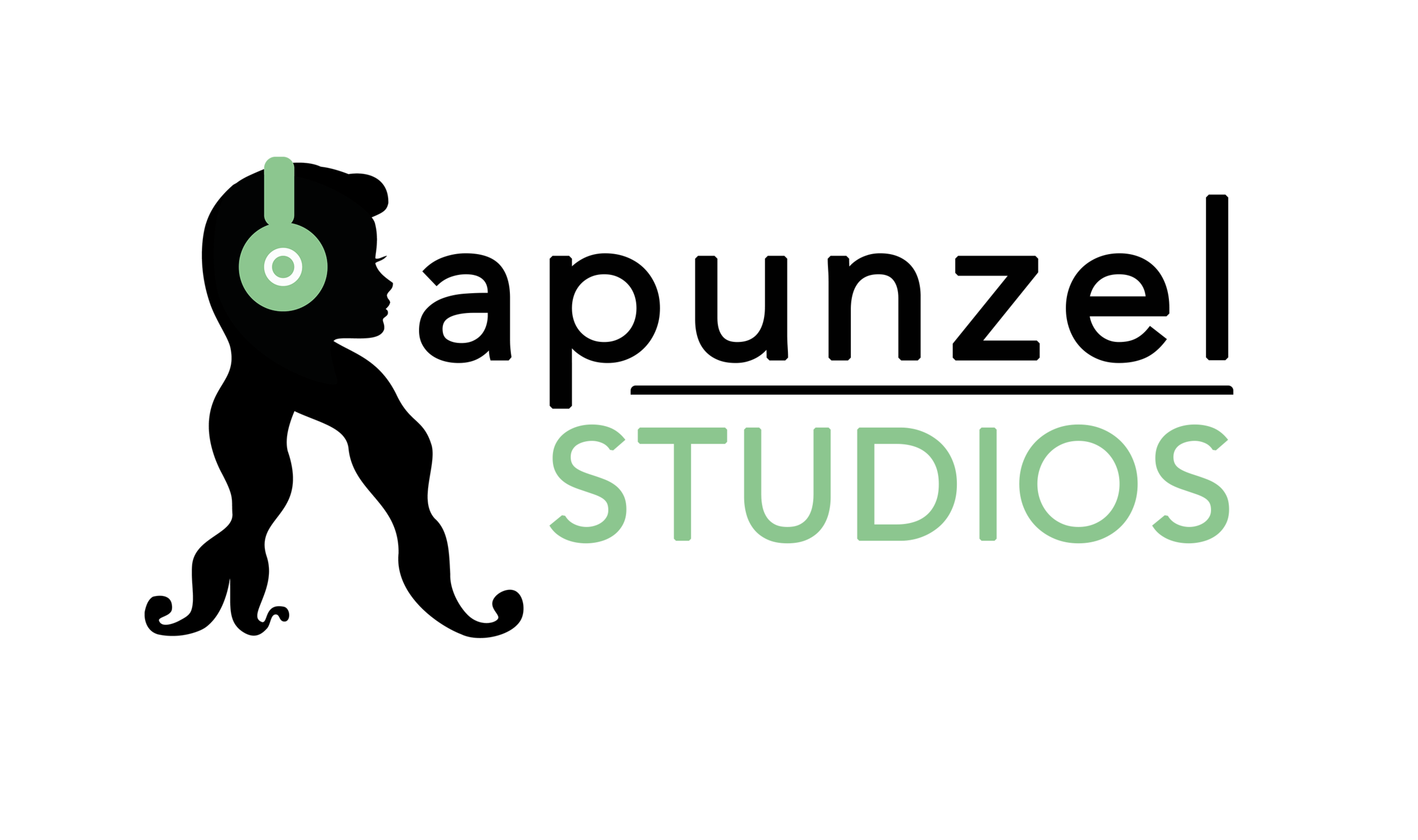Vocal Booths
I saw this interview the other day. Now there’s point of view that you rarely here people proclaim: Jason Perry is a hugely successful producer and he doesn’t like vocal booths. It makes me happy to hear somebody so proudly state this point of view because it’s one that I’ve held for a long time too.
At my studio in Seaton there’s not enough space to have a vocal booth but even if there was I wouldn’t build one, I never used them for vocals in any of the other studios I’ve worked in for a few reasons:
First, the sound. I want my music to sound like it’s in a space and usually that space is not a tiny room. A lot of people work with the philosophy of recording in a dry space with the idea of adding artificial reverb afterwards. Most of us work with artificial reverb of some kind but in my experience, artificial reverb sounds best when it interacts with the reverb of the actual room which the sound is recorded in. You might have heard of the technique where the mix engineer uses 2 or 3 reverbs on one vocal, well this is the same principle as that. Usually the vocal sits better if you can hear a little bit of the room it was recorded in, normally you wouldn’t even notice the sound of the room because the mic is more often than not very close to the mouth of the singer which means very little of the room sound is picked up, it’s more of a subliminal thing but if you were to compare a track recorded in my wooden-walled studio to one recorded in an anechoic chamber (a completely dead space with no sonic reflections) then you’d notice the difference. I find whether a vocal sits right in a mix or not can depend on how your artificial reverb combines with the natural reverb of the room.
Places like this are not my idea of a creative ones
The second reason is the same reason that Jason talks about in the video and that’s how it makes the vocalist feel. Being closed away in a dark cupboard, removed from the rest of the world with your only connection to the real world is some headphones is sure recipe for adding pressure to the singer and the key to a good vocal take is to release all pressure. Jason talks about the foldback button and he’s right, if you feel like everyone in the control room is talking about you behind your back then you are not going to feel comfortable. Singers are often out-going performers and that’s exactly what they are used to doing; performing so when you have one or two people in the room too it help the singer to feel in their element.
I’ve been thinking about this a bit and now I realised that all of the famous videos of “bands in the studio” that I’ve seen show the singer in a large room. They might not all be recording in the control room but you never see them recording in a little vocal booth unless they really need the separation.
Don’t get me wrong, vocal booths really do have their uses - they are great for electric guitar amps, and when you have a drummer and singer playing at the same time but in my experience if I have the choice I’ll have the singer in the same room as me while we record.
Thanks for reading.






